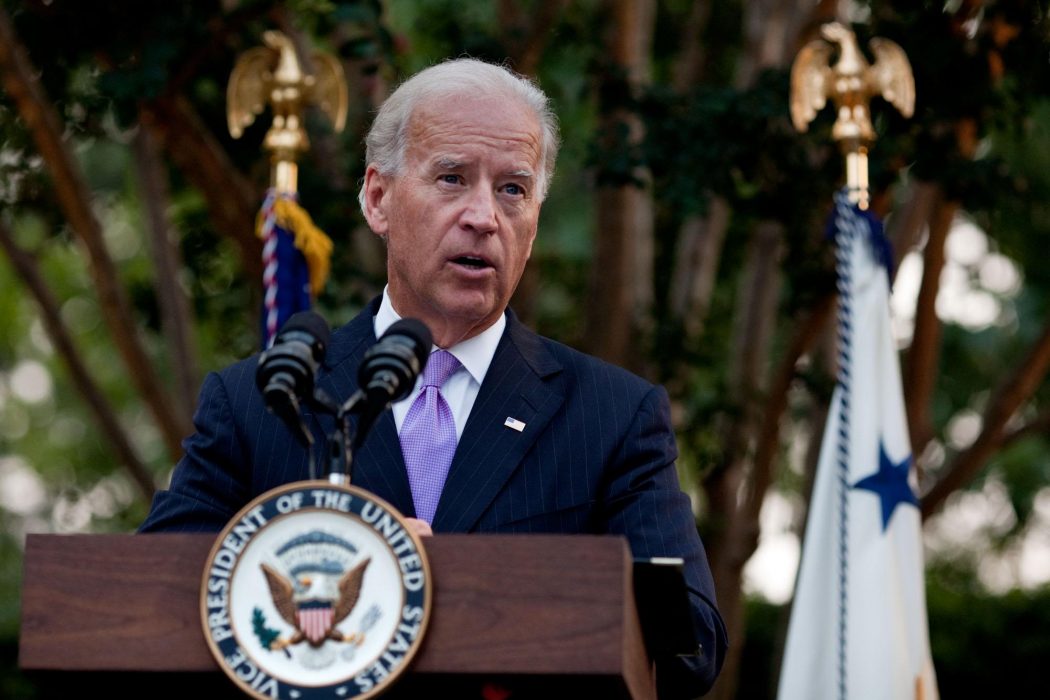If you’ve ever been on Facebook, Instagram, or even glanced at the news on TV, you’ve been inundated with a particular kind of political messaging. In the divided and obstinate echo chamber of social media, people rarely try to tempt those on the opposite end of the political spectrum to switch over to their side. No, they’re too busy berating them for their views. Instead, the most interesting messaging comes when people within these echo chambers of the left and right try to tempt those who are more politically radical to vote for their more centrist candidate.
The reason may change, but the message is always the same, and oftentimes, moderate voters pressure the more extreme within their party to vote in the centre.
“This election is important,” they’ll tell you. Maybe one day you can vote for the candidate you want, but this time is different; the opposition is particularly dangerous, and their platform is particularly harmful to X community or cause. The reason may change, but the message is always the same, and oftentimes, moderate voters pressure the more extreme within their party to vote in the centre. You see this dynamic in the US presidential primaries now, in which Bernie Sanders’ supporters are being pressured to vote for the more ‘electable’ Joe Biden. Biden and his followers tell us that Donald Trump is a dangerous candidate and we cannot survive another four years of him; Biden is the only one who can realistically stand a chance. Sanders would tell you the same, but while his followers urge voters to vote with their conscience, Biden’s followers urge them to vote with fear. Maybe next time, when the stakes are lower, the left wing of the Democratic party will get their chance to shine. Wait your turn.
But we can see the same dynamic in the recent 2020 Canadian elections, where even our most conservative contenders did not compare to the buffoonery and xenophobia of Donald Trump. The NDP was too radical. If young, liberal voters voted for the NDP, they would split the liberal vote! Conservatives would take control of the government, and who knows what Andrew Scheer would do to minorities, to women, to environmental policy! Better make the safe choice; better vote Liberal as to not split the progressive vote.
For those who politically align as centrist, every election is too important for radicals to vote with their conscience. There is always the fear of a liberal vote that could be split, a conservative foe that must be defeated at all costs, and of course, the ever-present, choking fear of alienating the moderate voter should the leftist candidate prevail.
To be clear, voting pragmatically is not a problem. It is a valid electoral choice, if it is a choice you wish to make. My problem is with the claim that those who do not vote pragmatically are betraying the progressive cause, as if someone who believes in Bernie Sanders is just as responsible for Donald Trump’s election as a Trump voter. Politics are unpredictable, but they are supposed to be representative of people’s true convictions. There is no point in having a democracy if citizens don’t vote for what represents them and their values best. Voting is the epitome of a citizen’s autonomy in a democratic country, and it is one of the most important opportunities they have to contribute to their country.
How do you expect to politically mobilize a young person when they feel pressured to compromise in every election?
Furthermore, many radical voters tend to be young adults and students. These young people have a history of voter abstinence, and their lack of experience in politics may make them more likely to succumb to fear-mongering. It is hard enough to get young people to vote in the first place; what motivation would they have to vote if they are shamed for voting for the candidate in whom they believe? How do you expect to politically mobilize a young person when they feel pressured to compromise in every election? College is not the time to swallow your ideals and be ruthlessly practical; it is the time to explore new ideas and follow your convictions, whether they are popular or not.
Liberal forces will consolidate, or conservative forces will dominate.
If Bernie Sanders becomes the Democratic presidential nominee, he may well be too radical a candidate for the many moderate voters of America. Perhaps, come November, they will stay home, or they will betray their values and vote for Donald Trump. But perhaps not. Regardless, whatever happens in an election is what should happen, except for perhaps electoral fraud. Elections reveal the cleavages in our society: left versus right, concrete versus aspirational, old versus young, motivated versus apathetic, etc. If the liberal vote in an election is split, that means the liberal vote in the country is split. Liberal forces will consolidate, or conservative forces will dominate. Someone will win and someone will lose; perhaps you personally dislike who wins, but you abide by the results of the election. This is the cost of living in a democracy.
Politics affect people’s lives in concrete, everyday ways. So it’s no wonder passionate people feel every election is a battle, and that they are so scared of the consequence of a potentially unfavorably electoral result they feel the need to pressure others within their political sphere to vote pragmatically. But this is not the solution; voting is only one type of political action. One can also donate, volunteer, or sign petitions. Use the tools at your disposal to make a world in which you don’t have to battle anymore, and don’t get angry at your friends for voting with their true beliefs in mind.








